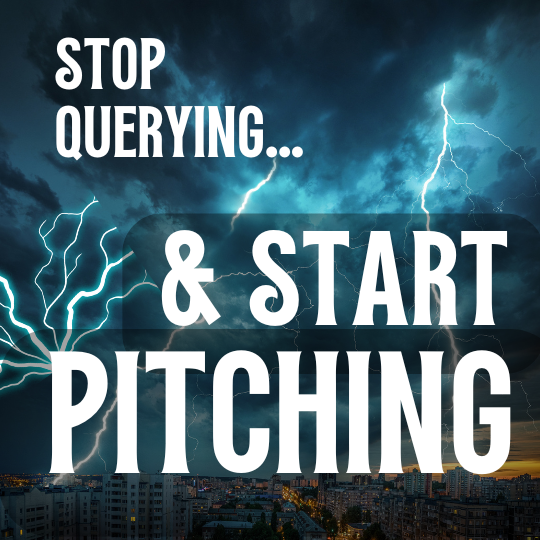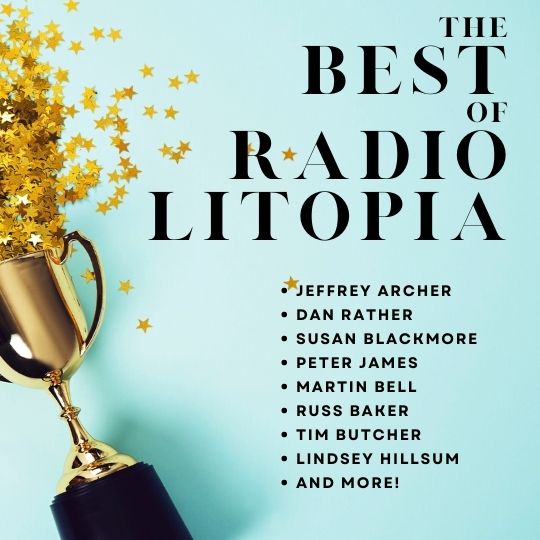EleanorMHarris
Basic
So I keep thinking about writing a proper novel. I've messed about with formulaic romances and re-writes of old stories, and enjoyed constructing characters and writing dialogue and feel as if I've served some kind of apprenticeship. I finally think, it's time I wrote a proper novel - and realise, I really have no idea how to construct a plot, beyond creating a crisis three-quarters of the way through.
Help! I am craftless, techniqueless, but a breezy dilettante. What am I doing here?
I need a crash course. What's the best advice, or the best resources, on the art of plotcraft?
Help! I am craftless, techniqueless, but a breezy dilettante. What am I doing here?
I need a crash course. What's the best advice, or the best resources, on the art of plotcraft?




